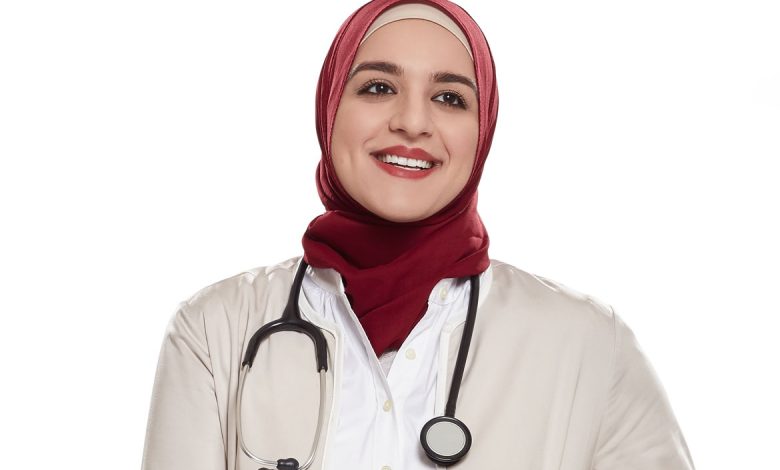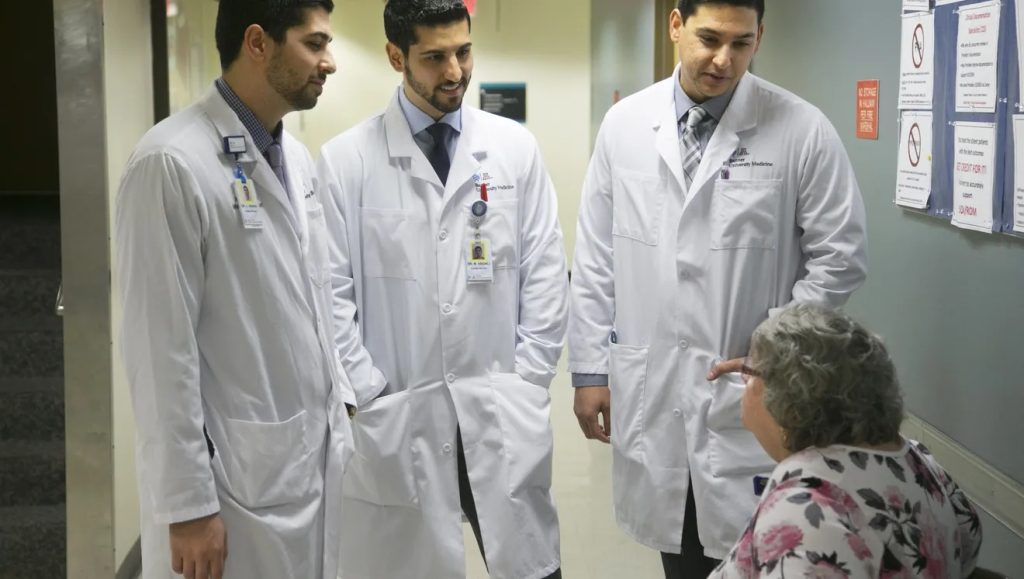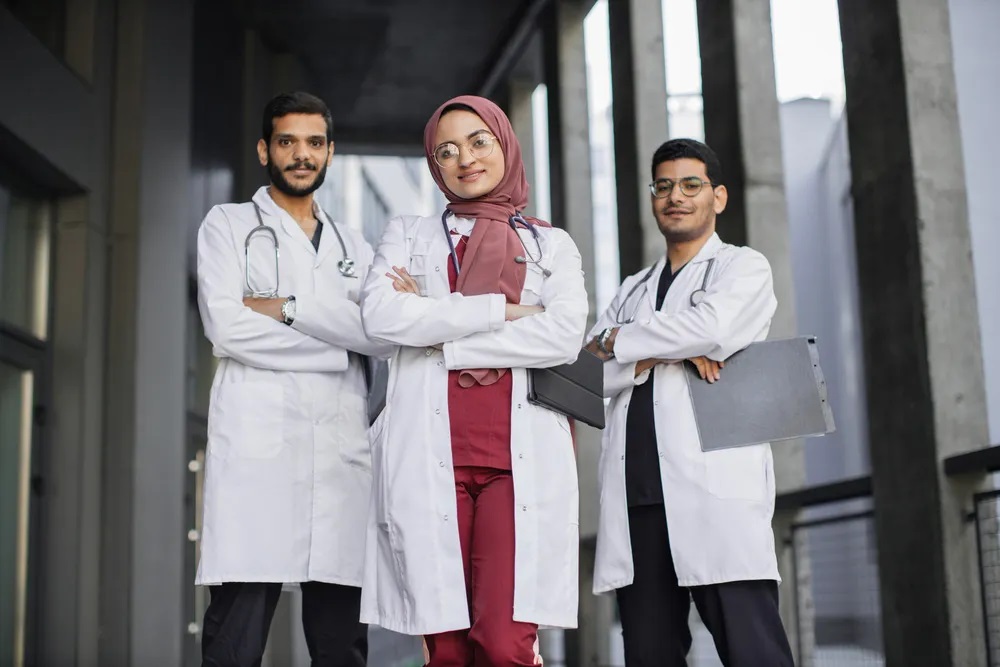Arab Muslim Doctors in the USA: Leading in Medicine and Specialized Care
From Community Clinics to Cutting-Edge Research, Arab Muslim Physicians Shape America’s Healthcare System.

Arab Muslim doctors have become an integral part of the U.S. healthcare system, serving not only immigrant communities but also patients nationwide. Their presence spans every specialty, from primary care to advanced surgical and research fields, contributing both medically and culturally to patient well-being.
Key Specialties and Contributions
Primary Care & Family Medicine
Many Arab Muslim physicians serve as family doctors and internists, building trusted relationships with patients in urban and rural areas. They often act as the first point of care for immigrant families, offering linguistically and culturally sensitive services.
Cardiology & Internal Medicine
Arab Muslim doctors are highly represented in cardiology, where they play a critical role in treating heart disease—the leading cause of death in the United States. Their advanced training in hospitals like Cleveland Clinic and Johns Hopkins has placed them at the forefront of cardiovascular innovation.

Surgery & Specialized Fields
From general surgery to neurosurgery and orthopedics, Arab Muslim doctors are known for their precision and skill. Many serve in top U.S. hospitals and universities, mentoring future generations of surgeons.
Pediatrics & Women’s Health
Arab Muslim doctors in pediatrics and obstetrics/gynecology are essential in providing family-centered care. They bring cultural sensitivity to maternal health, fertility treatments, and child healthcare, making them trusted voices in diverse communities.
Psychiatry & Mental Health
With the growing awareness of mental health needs, Arab Muslim psychiatrists are bridging gaps for immigrant families and refugees. They combine clinical expertise with cultural understanding, addressing trauma, anxiety, and depression within the Arab and Muslim diaspora.
Public Health & Research
Many Arab Muslim doctors contribute to public health policy, epidemiology, and cutting-edge research. Their work includes cancer studies, genetics, and infectious disease research, often supported by leading U.S. universities and institutions.
Community Impact
Arab Muslim doctors often serve beyond hospitals. They establish free clinics, volunteer in underserved areas, and participate in health awareness campaigns. Many also advocate for equitable healthcare access for immigrants, refugees, and marginalized populations.
Overcoming Barriers
While Arab Muslim physicians are highly respected, they also face challenges such as discrimination, visa restrictions for foreign-trained doctors, and underrepresentation in leadership positions. Despite these hurdles, they continue to excel and represent a vital part of the U.S. medical workforce.

Building Networks & Future Generations
Organizations like the American Muslim Health Professionals (AMHP) and Arab American Medical Association (AAMA) help create mentorship programs, networking opportunities, and scholarships for young Arab Muslim medical students. These networks ensure a sustainable pipeline of Arab Muslim physicians shaping the future of healthcare in the U.S.



